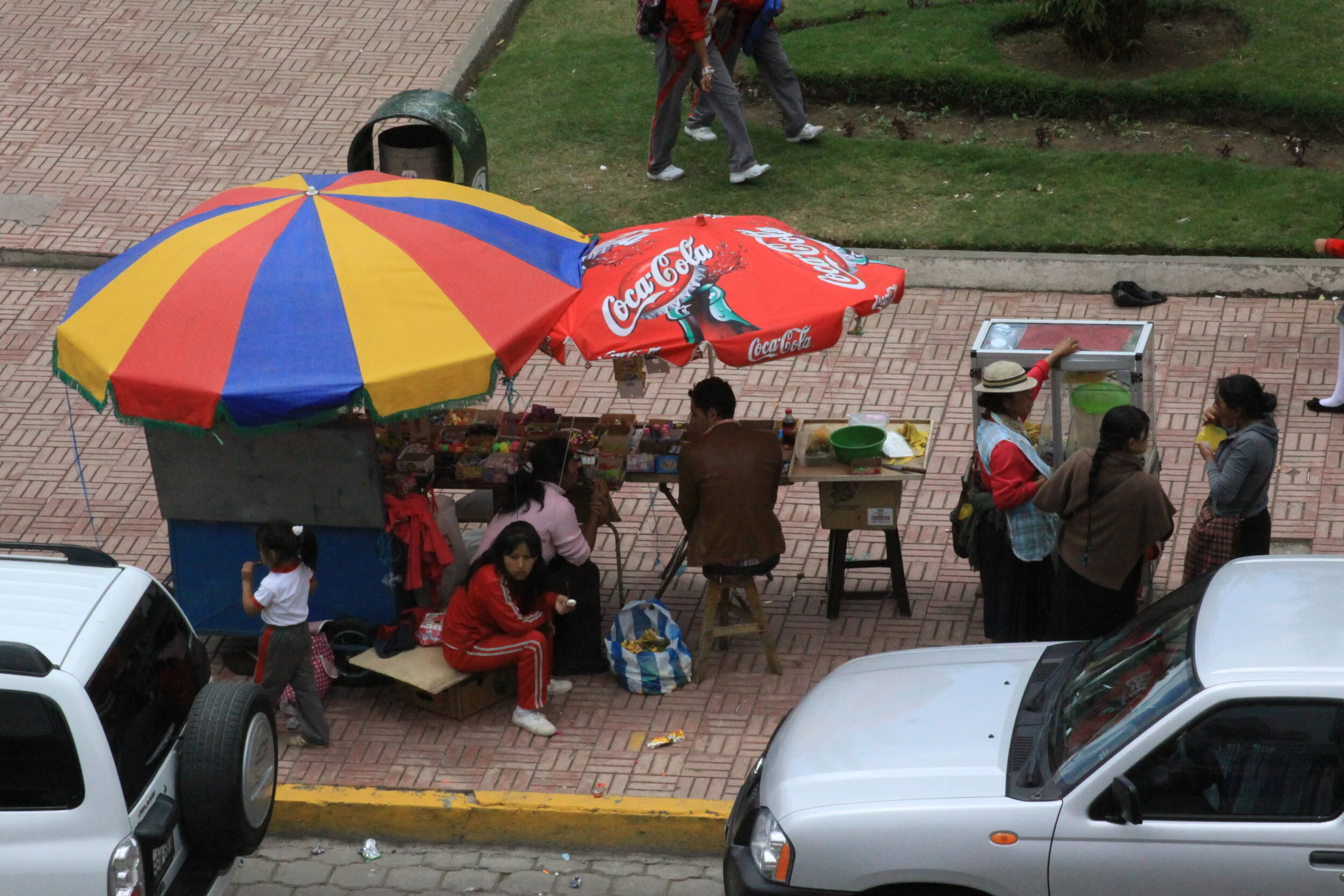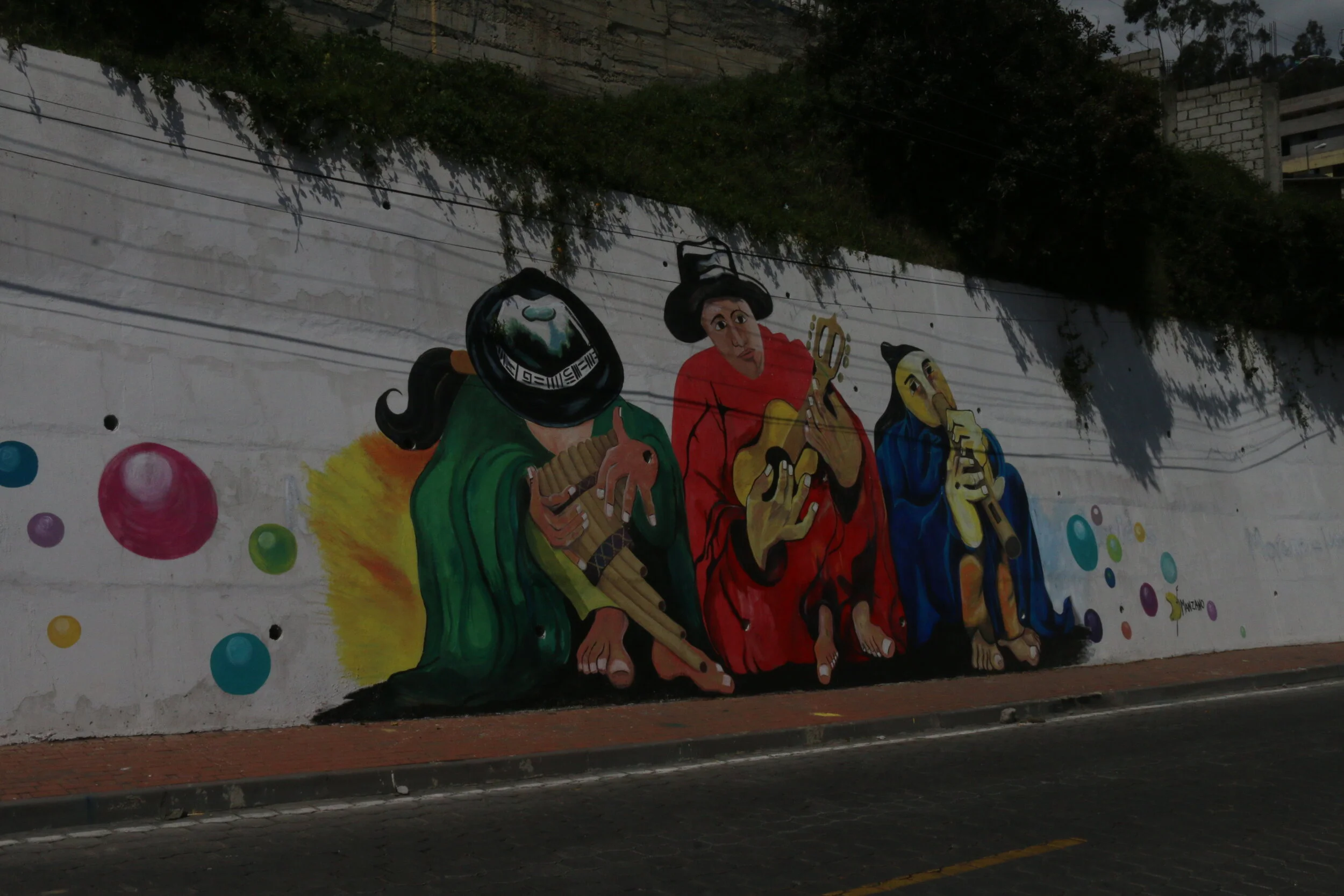“Cambiando valores”: Changing values
Audio transcript:
Doris: The values have changed also a lot, um, now the young people tends to go out of Guaranda to continue studying. Guaranda has a college, but, is like they prefer to go to the big cities to get their degrees and once they have the degrees, they, they find work or jobs in the same cities and they don’t go back to Guaranda. That happened to me, because at the time when I finished high school, wasn’t any college in Guaranda so I had to immigrate—emigrate, I’m sorry—to Quito to continue my college. So when I finished my college, I found a job in Quito and I stayed there. And from there, I came to, I came to New York. So the same happened to the young people now, they don’t want to be there because they think that opportunities are better in bigger cities. And if they stay in Guaranda, they feel like they are stuck in the same label that they are and they are not progressing more.
Education
For Rosa, Lucio, and Miriam, education for their children was vital for them to be successful. While all of the narrators noted the importance of agriculture in their families, they were painfully aware of how financially difficult it would be for their children to live off just agriculture. They see education as a way for them to elevate themselves and not have to enter an industry that will lead them to low income and uncertain yields in the future.
Globalization
An ever changing world with more access to technology, communication, and travel, the narrators expressed the desire of younger generations to embrace these changes. Globalization opened up the agriculture sector to the world market, providing new opportunities for farmers to sell their products. At the same time however, with farmers like Rosa, Lucio, Miriam, and Holger who only navigate the local markets, trying to sell their crops at a higher price comes as a challenge without knowing how to navigate export trading in Ecuador and trusting the middlemen that purchased their products, often times giving them less than what their products may actually cost for export.
Migration
With low economic prospects in agriculture and with lower educational opportunities in agrarian cities like Guaranda, many younger generations leave their hometowns for bigger cities in the country and beyond, with many even taking steps to leave the country for better prospects altogether. Doris left Guaranda to receive a college education, and migrated to the United States in 2002 after her husband received a job opportunity in New York.




